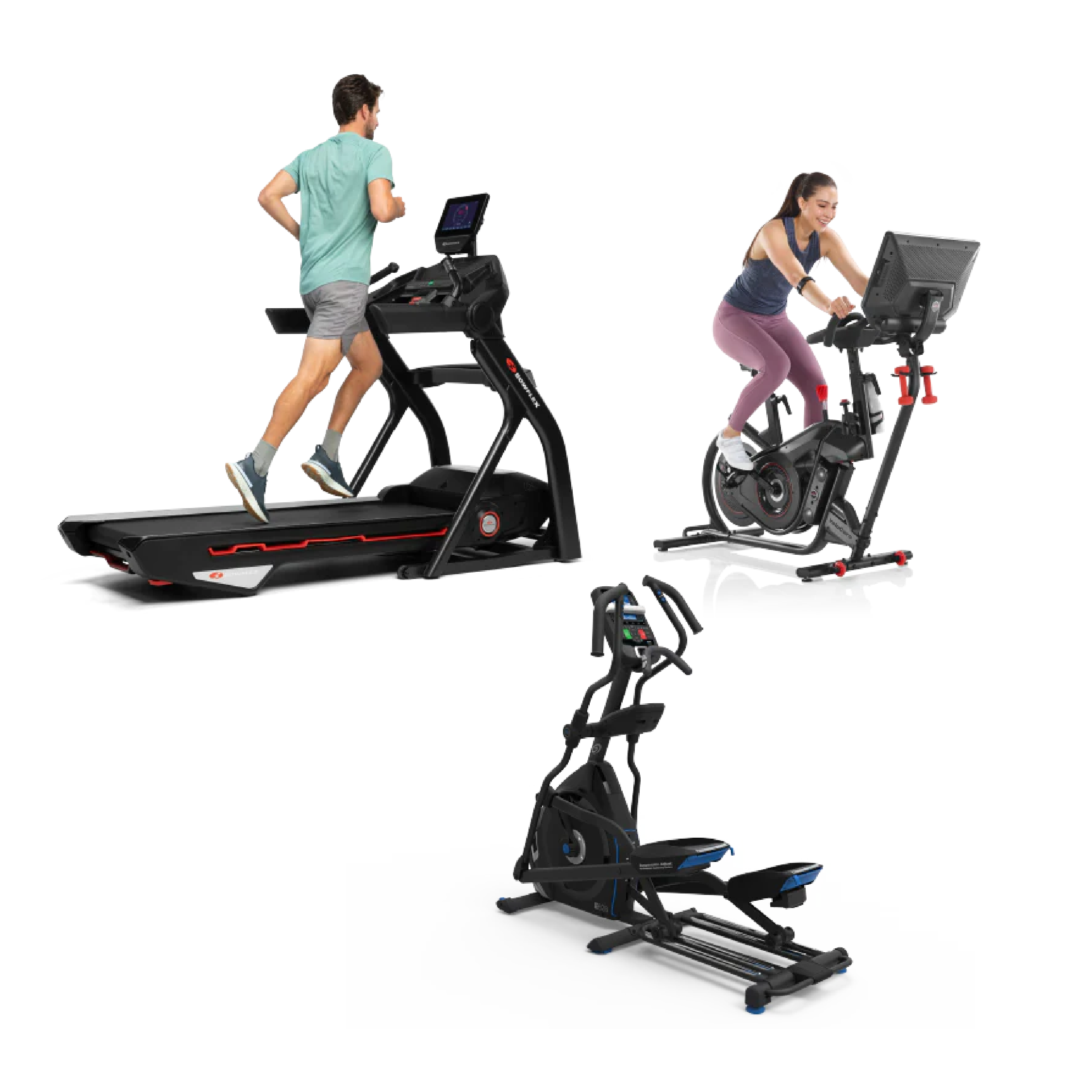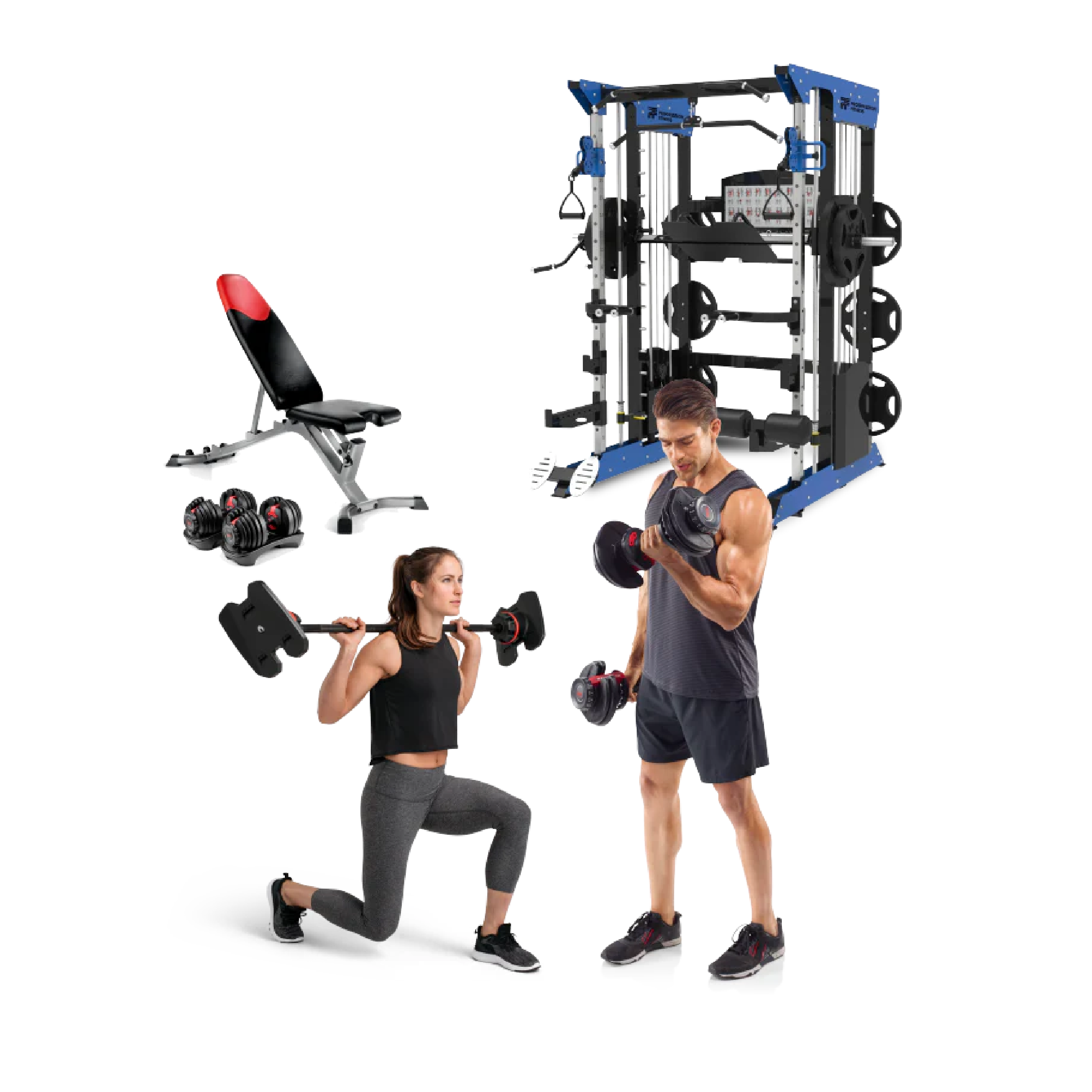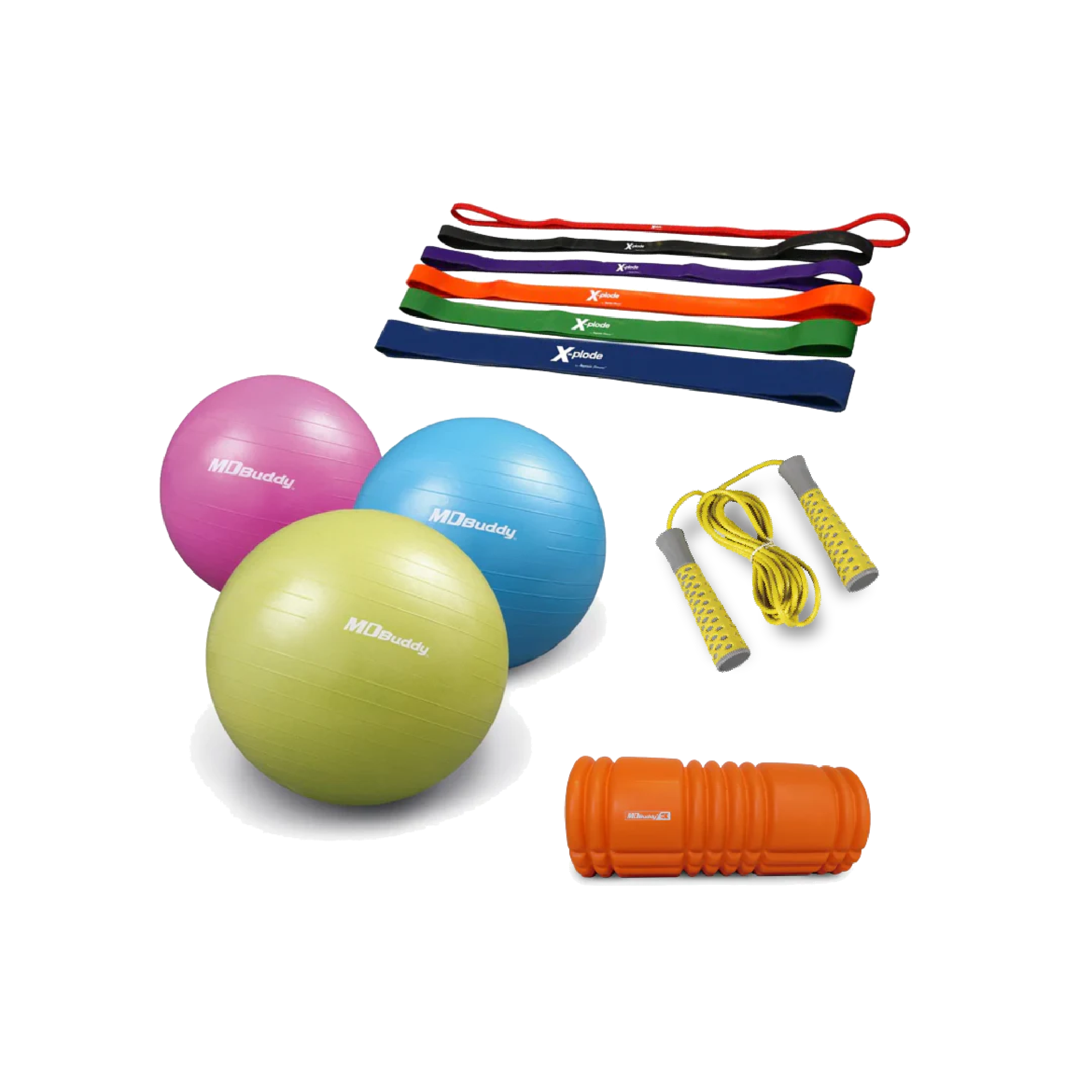Trying To Change Your Lifestyle? Pinpoint Your Bad Habits
Instead of spending max effort attempting to alter habits that won’t drastically change your health status - how frustrating and demoralizing - pinpoint your linchpin and BNB (biggest negative bang) habits. The more an eating regimen disrupts your current linchpin and BNB habits, the more impact the change will have.
Often linchpin and BNB habits are one and the same — but not always.
Linchpin Habit
A linchpin habit initiates a significant spiral of either positive or negative actions and thoughts. If a nutrition regimen changes a linchpin habit it will have dramatic effects on health. For example, let’s say a diet asks you to cut out alcohol. If drinking is your linchpin habit, just the act of having one drink will set in motion other negative habits (like eating more, staying up late, and being unproductive the next day). I don’t drink, so a diet that advocates cutting out alcohol would not benefit me. My mom can have one glass of wine and, while she enjoys it, the act of drinking it does not make her want more alcohol or spur other negative habits. Exercise is one of my positive linchpin habits. If I do my workout I am more likely to do other positive things throughout the day.
BNB Habits
Your BNB habits might not set in motion other bad habits, but they have a disproportionally huge negative impact on your health. For example, you might only eat after dinner once per day, but those empty calories have the potential — especially if your goal is weight loss — of negating your other positive daily choices.
If eating after dinner disrupts your sleep or makes you feel frustrated with yourself and then make additional negative choices, “after dinner snacking” becomes both a BNB and a linchpin habit.
Some habits are not a BNB in their own right, but they can become a linchpin habit. For example, skipping one workout doesn’t really affect my health in the long run, but I am much more likely to make negative food choices on days I don’t move.
To alter your linchpin and BNB habits you have to first be aware of your current habits; live by the Kathleenism that “awareness facilitates choice”. Meaning, you can’t make healthier choices if you are not aware of your actions, habits, and thoughts. You have to be aware of your nutrition choices to be able to make appropriate choices; if you are not, you don’t have the data to choose well. The business worlds says “no data, no choices.” I often say, “If you’re not measuring, you’re guessing.”
A Few Things To Keep In Mind While Finding Your Linchpin and BNB Habits
- Choice is not simply about sifting through existing alternative. Choice is about creating options and thus creating your desired future. Once you are aware of your actions, you can ask yourself, “What choices can I create?” Going to a dinner party? Offer to bring a salad. Always eat multiple pieces of bread at restaurants? Ask the waiter not to bring the basket or to only bring one piece. Create your options.
- Think of awareness, choice, and the ability to say no as muscles. Your resilience — your “say no” muscle — needs to get stronger. Every time you use your “resolve muscle,” imagine it akin to a bicep increasing in tone and strength. Every day is a new day to flex those muscles. If you were an athlete, you would not wait for Super Bowl to practice a skill. Think of yourself as a “nutritional athlete”; practice saying no before the big event, because when stressed you will go back to your default pattern or habit. The more you practice, the more saying no becomes your default.
- Aim to connect your choices to something meaningful — part of a larger project. Connect small choices like skipping the bread basket at dinner to the bigger picture of your health. Small choices often seem inconsequential, but they are not — they are part of reaching your overall end goal.
- If you decide to eliminate a food, be mindful about both what you are eliminating, and what you are replacing the eliminated food with. Often diets focus on what you are eliminating — gluten, meat, carbohydrates — but always ask yourself, “What am I replacing the eliminated food with?” If one of those eliminated foods is your linchpin habit (you survive on white carbs, for example), eliminating that food group will only be positive if you don’t replace it with another negative (especially if that negative becomes your new linchpin). For example, if your goal is weight loss, you will not be successful if you simply replace gluten with products like gluten-free cookies or alcohol with products high in sugar.
Kathleen Trotter is a personal trainer in Toronto who loves audiobooks, planks and having a growth mindset. You can follow her blog or find her on Facebook.
Category: Your Fitness Resource
Tags:
filter_Fitness-Tips
fitness
Fitness-Tips
tips






